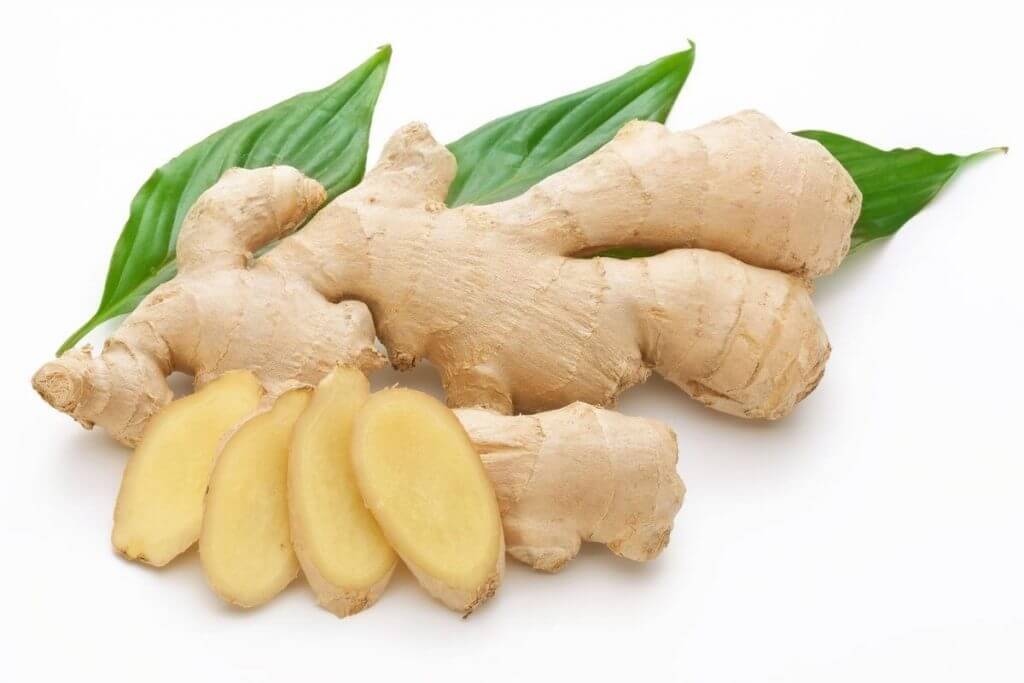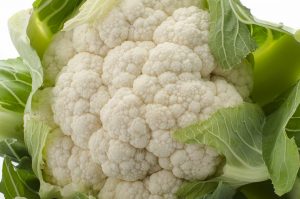
Description:
Ginger or KION, is a root of oriental origin, mainly from China and India. It’s beige. It has thick, knotted ramifications.
Freshness:
It is appreciated in its firm and hard texture. It should not have any dry or soft parts. Characteristic aromatic odour soft, fresh and citric. Hot and fresh flavor. -You can also get it in the market as a powder condiment. It is advisable to use sparingly because it is very concentrated. Store at room temperature. (see spices and condiments). When you go to buy the product in the supermarket, we recommend:
- Observe that the display site is clean and adequately refrigerated.
- Choose the products, preferably in this order: vegetables, fruits, eggs, cheeses and dairy in general, after the products of pantry, but before the meats, poultry, fish and shellfish.
- When you reach your destination refrigerate, so that the “cold chain” of the same is not interrupted.
Uses:
Ginger is used as a finely grated or minced as an aromatizer or as a condiment for the vast majority of oriental or Asian cooking preparations. It has great health-beneficial properties. You drink a lot of tea and teas (in thin slices).
Storage:
The ginger roots are stored whole and refrigerated, inside plastic bag with perforations, vegetable box or styrofoam tray (styrofoam) covered with paper film (Vinipel), in the “vegetable drawer” or “the door” of the refrigerator.
-it is a product with long “lifespan”. -If a root has been started, place it inside a container without a lid on the refrigerator door until it is consumed. Its duration also depends, of its freshness at the time of the purchase. Storage: Refrigerate. Duration: 2 months.
Tips:
Although Ginger tends to look always fresh, look carefully that the roots are not becoming woody (dry) or soft (rotten). Nutrients and properties: Ginger, is attributed great medicinal benefits, including protection against infections at respiratory level, as it raises the defenses of the organism. Ginger, like most vegetables, is mostly made up of carbohydrates (fiber), although it also has some protein and few fatty acids. Minerals such as: calcium, magnesium, phosphorus or iron. Vitamins, including A, B1, B2, B6, and C, E (antioxidants).
Properties.
-Against dizziness (travel). –to alleviate the pains of rheumatism. Antiinflammatory. -Digestive, ginger neutralizes the effect caused by an excess of gastric acids. -Helps the intestinal flora by eliminating harmful microorganisms. -relieves pain and stomach swelling. -Prevents the onset of ulcers and gastritis. It is important to respect the indicated doses, as an excess in consumption can cause gastritis and stomach ulcers. -For the cardiovascular system, it is an anticoagulant (prevents heart attacks and angina pectoris). -Activates the circulation in case of freezing. -For blood irrigation. -Lowers blood pressure. -it is used to alleviate any condition of the respiratory system, especially thanks to its expectorant and anti-inflammatory properties. In addition, ginger reinforces the immune system. -Against the flu, colds, sinusitis, dysphonia and inflammation of the throat in general. Homemade remedies. -to relieve cough, fever and other cold symptoms, add to a cup of ginger infusion, 1 lemon juice and a teaspoon of honey. You can drink and gargle. -Chewing a lemon twist of ginger, soothes the toothache. -Ginger is also used as a treatment for halitosis (bad breath). Simply take infusions or chew a piece of fresh ginger or pickled (in vinegar). Important. Ginger contains some active ingredients that, if taken in excess, can cause gastritis, ulcers, and even vision problems. To prevent any type of poisoning, do not exceed the doses recommended by some specialists (naturists): Fresh: 5 gr daily. Powder: 1 gr daily. Dry: 200 mg daily. Consult your health care provider before you begin to include ginger in your daily intake.
Precautions when consuming ginger.
Respecting the recommended doses does not offer any health risk. However, it is important to note the following precautions:-people with gallstones should not take ginger (consumption of this, may cause them). -Pregnant women should not consume ginger because hormonal damage may occur in the fetus. -People with cardiovascular problems who are taking anticoagulant treatment or to lower their blood pressure should consult with their specialist before consuming ginger.
Note:
Periodically check the status of the product to be able to consume it in time. They should not be consumed by anti-coagulated persons or women in pregnancy.



